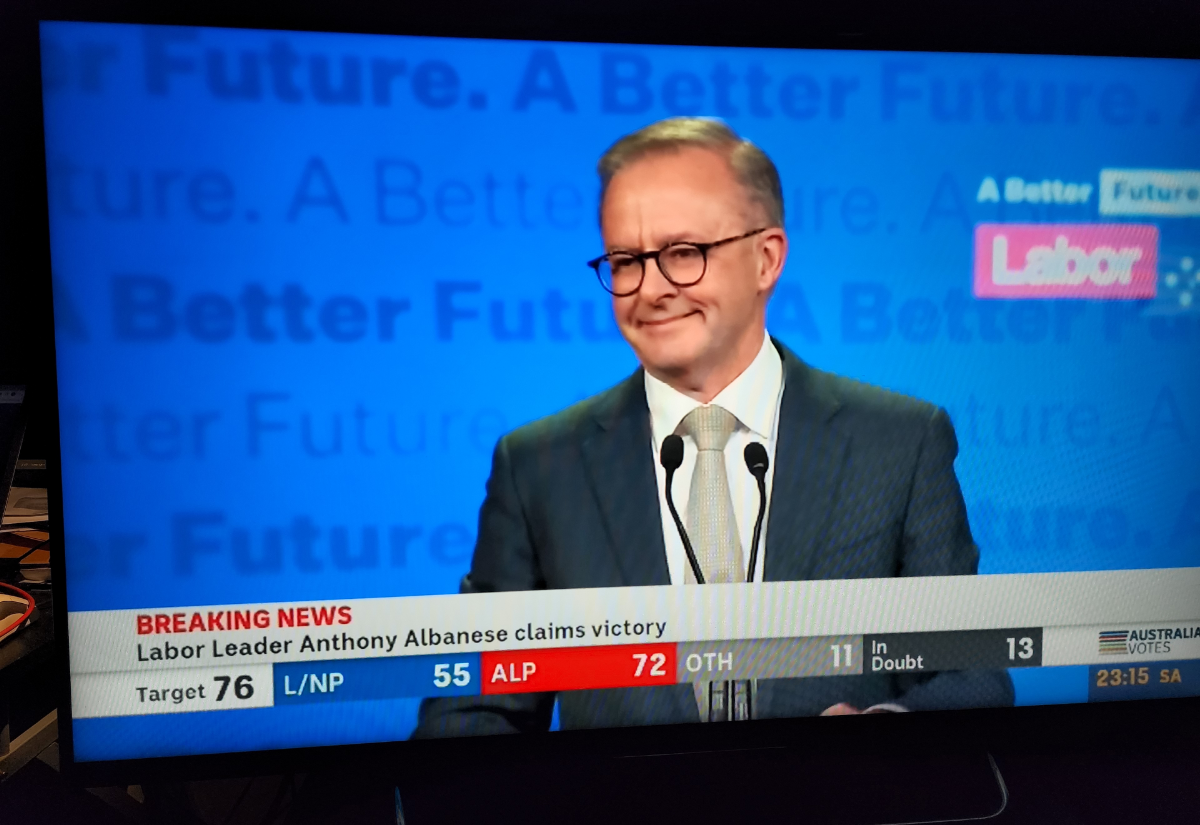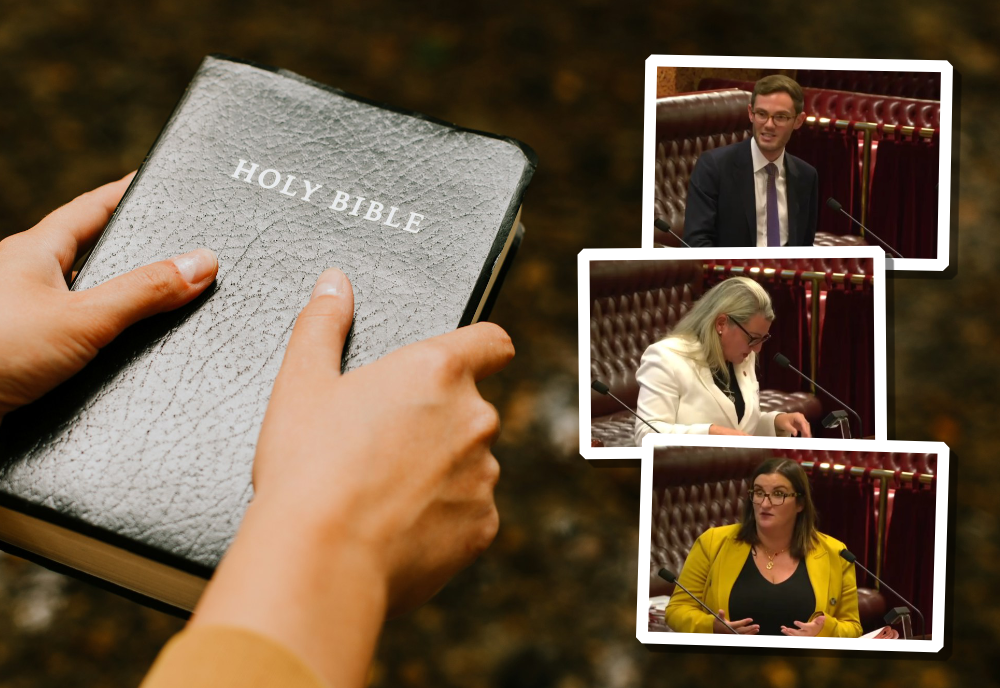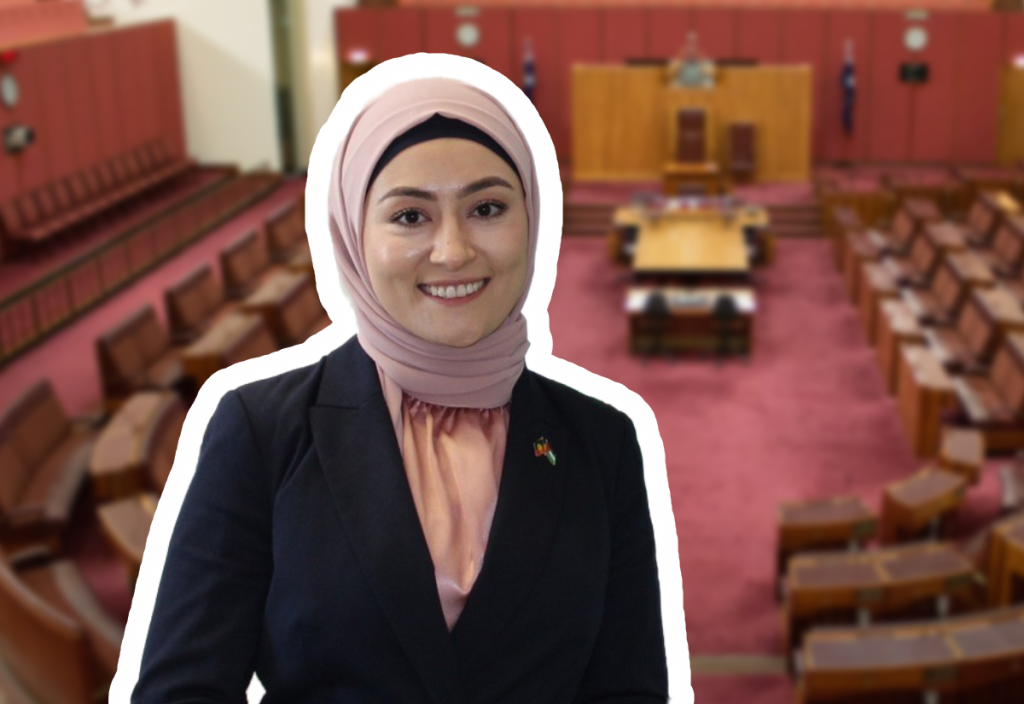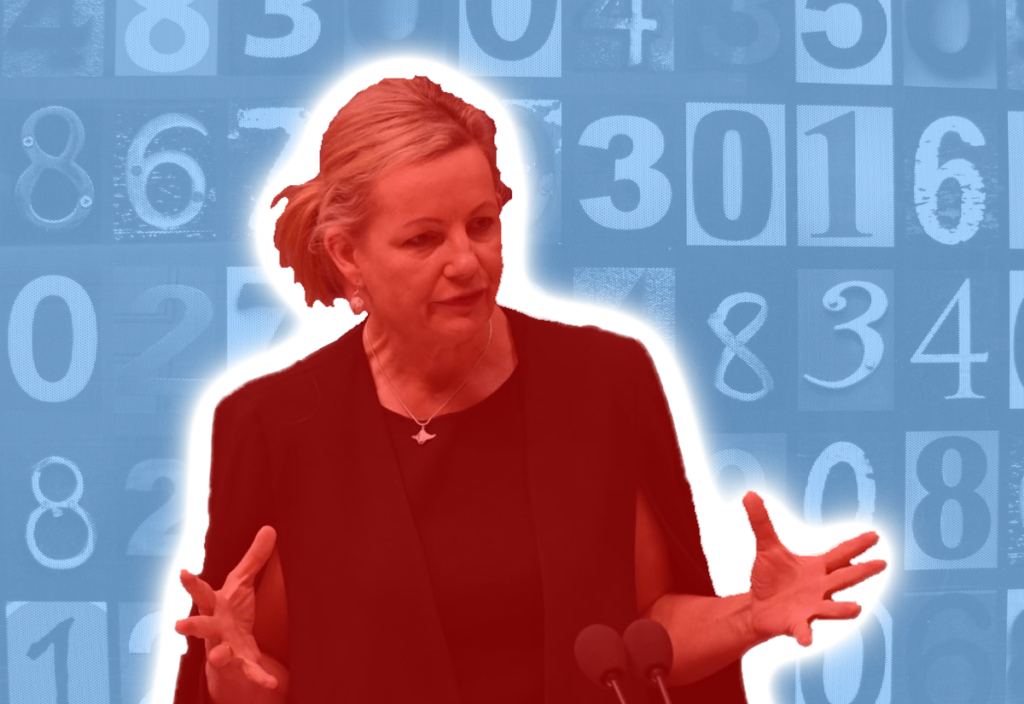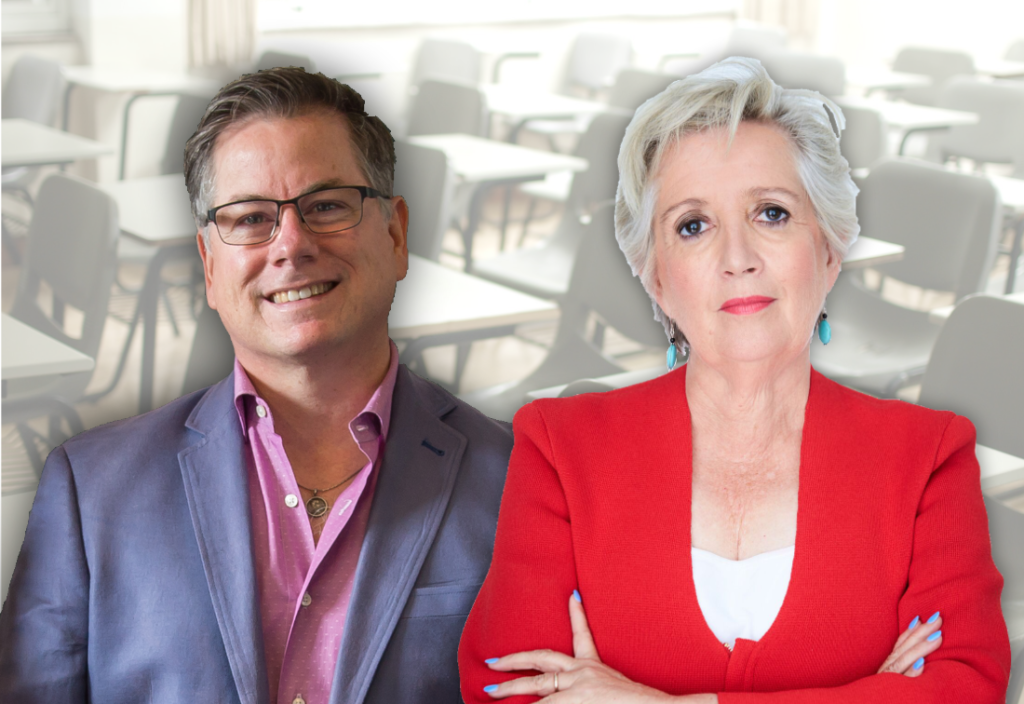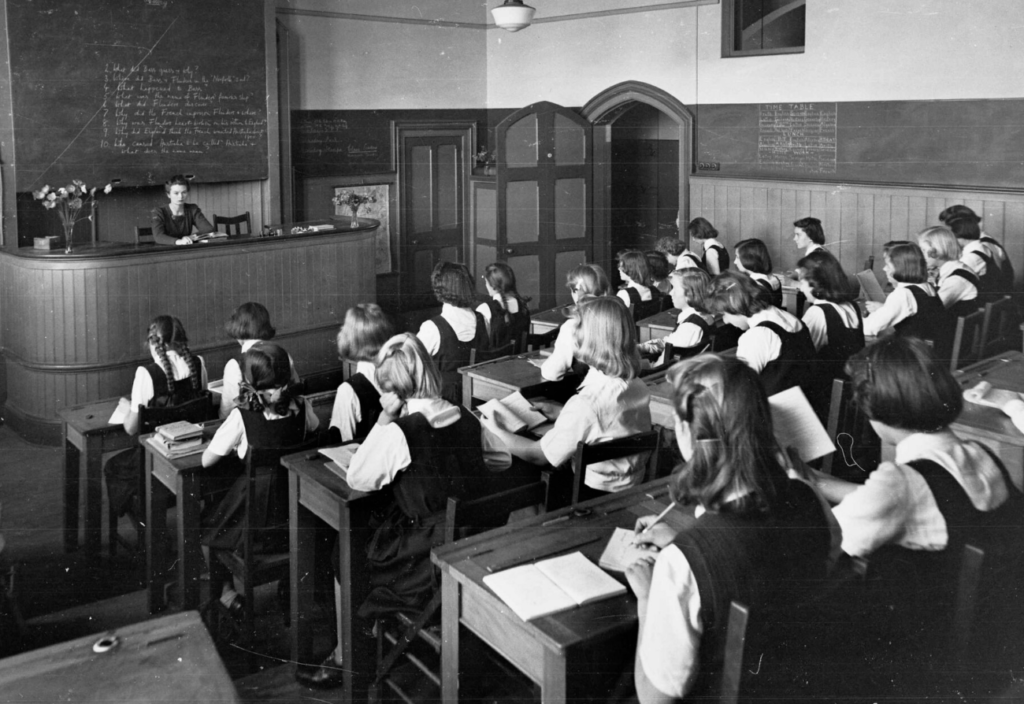The Australian Labor Party (ALP) looks like it’s jettisoning the long-held ideal that schools are “universal, free and secular”. A draft of its new national policy platform instead contains the bland platitude that schools should be “fully and fairly funded to deliver excellent education that meets the needs of every child”.
Dropping ‘secular’ is of particular concern given the spate of recent controversies surrounding the role of religion in schools. The deliberate omission provides alarming insight into internal party machinations, suggesting that perhaps the ALP would rather avoid tackling issues with outcomes potentially upsetting to religious groups.
For instance, it seems like a no-brainer that scripture classes – also known as Religious Instruction (RI) in Queensland and Special Religious Education (SRE) in New South Wales – should be scrapped inside class times, or at least not interfere with the teaching of the curriculum for students of parents who opt out.
The experts from the Queensland Teachers’ Union, the Queensland Association of State School Principals all agree. And, yet, Queensland education minister Grace Grace steadfastly refuses to review RI.
Dumping ‘secular’ from the National Platform is conspicuous right now, given Queensland ALP delegates have just unanimously endorsed a motion to move scripture out of class time. This came in the wake of headlines about Citipointe volunteers using RI classes to “harvest” children and “disciple them afterwards”.
Evidently, ALP power brokers are at odds with their own party. The party needs to decide what it values more – cozying up to special interest groups or the long-held commitment to secular schooling.
The term “universal, free and secular” schooling can be traced back to 1872 when the Victorian government passed the Education Act 1872. This was when schools came under the auspices of the government education department, rather than religious and private interests.
The party needs to decide what it values more – cozying up to special interest groups or the long-held commitment to secular schooling.
Championing this outcome were some of our founding luminaries, including Henry Parkes, George Rusden, William Wilkins, William Hartley, Charles Nicholson, while resisting the pressures of the Roman Catholic Church and Church of England leaders.
Institutionally, Australia is a secular country, enshrined by Section 116 of the Constitution, which prohibits any law for establishing any religion, or for imposing any religious observance. As a country, we value the separation of church and state, whilst maintaining the rights of religious observance and religious advocacy in the public square.
Secularism is not an optional extra but a primary feature of our society, working within a framework of other western ideals such as democracy, liberalism, multiculturalism and the rule of law.
Furthermore, secularism is consistent with the ALP ideals of a fair go, equality, cultural diversity and leaving no one behind. And the ALP is often pro-secular in action due to protecting the rights of LGBTI people in anti-discrimination law, and the rights of women in accessing health services. A case in point: the ACT government take-over of the previously Catholic Calvary Public Hospital.
Both major parties seem to suffer from secular illiteracy, ignorant of our secular history and absent any idea on what sort of secular country we’d like to be. Church and state collide regularly in our society, and nowhere more so than in schools. Thus, our pollies need to acknowledge the word ‘secular’ and appreciate its importance.
The ALP would be well advised to reconsider its approach. Rather than discarding the word altogether, it should consider how it fits inside its own policy framework. How does it define secularism in our context? What sort of secular society do we want to be?
One would imagine the sort of secularism envisioned by our founders, protecting the rights of individuals from religious impositions, without impinging on the right to freedom of worship and speech in the public square. With a clear and precise definition, the ALP could then integrate the concept into its policies.
Having done so, the party would be better prepared to face the problems in our school system, where secularism is challenged by various factors. In addition to scripture classes, we have chaplaincy and funding for independent schools. The chaplaincy program was introduced by the Howard government and provides funding for social and pastoral care to be provided in state schools by exclusively religious staff members.
Our independent schools are mostly religious schools – and mostly Christian. They receive substantial government assistance in taxpayer dollars and often court controversy by wanting to impose a religious ethos on the behaviour of employees and students.
The ideal expressed by “universal free and secular” may seem inconvenient to some in the ALP. Watered down by many years of interest group pressure, the ideal is nevertheless an important plank in our democracy, and consistent with the other virtues championed by the ALP. One hopes the ALP will reconsider its draft National Platform and recommit itself to a fair and secular education system.
If you wish to republish this original article, please attribute to Rationale. Click here to find out more about republishing under Creative Commons.
Photo by Alpha on Unsplash.

